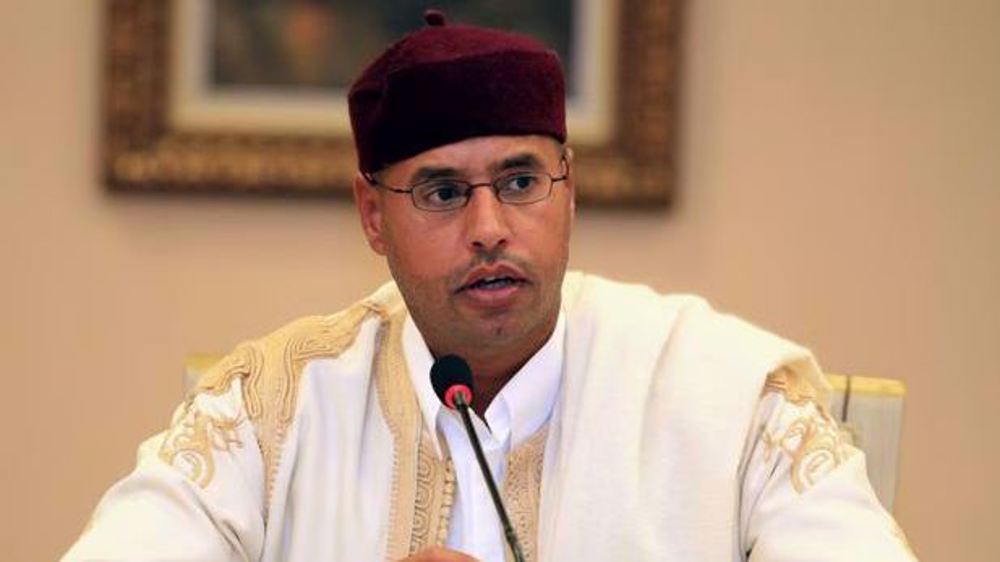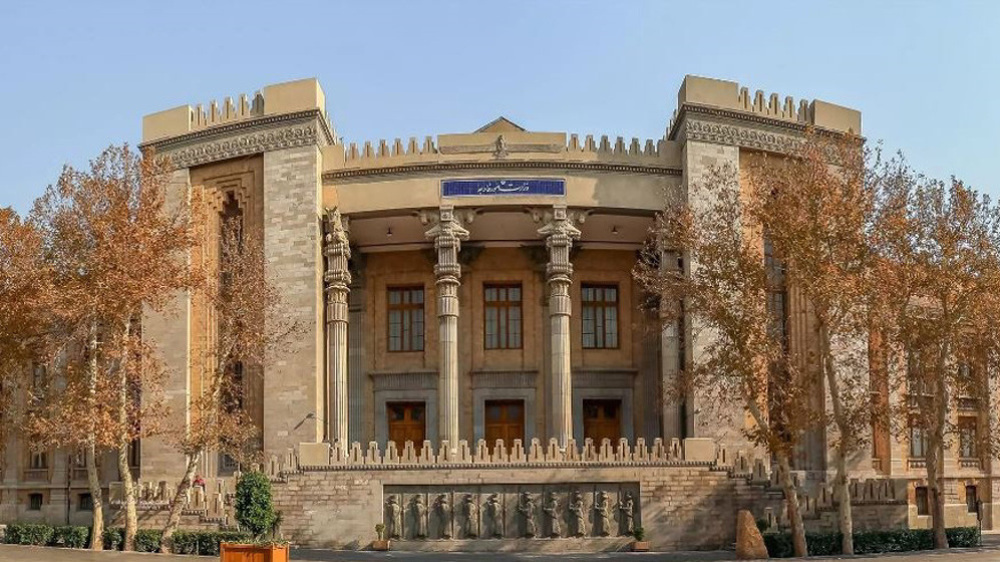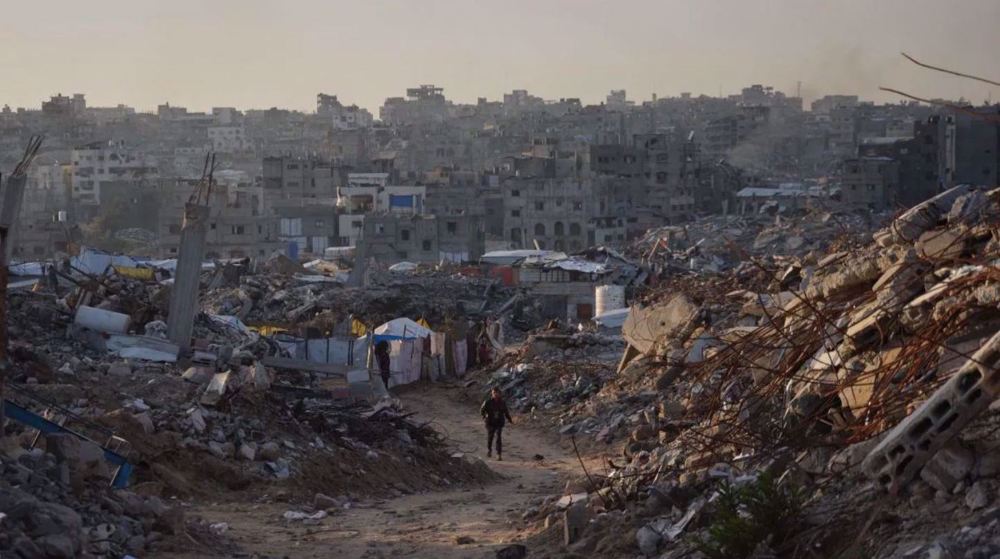Greece leaves lone refugee minors unprotected: HRW
Human Rights Watch (HRW) says Greece is failing to protect unaccompanied refugee children on the Greek island of Lesbos, warning that Athens is registering lots of lone minors as adults.
The New York-based rights group made the announcements in a Wednesday report, adding that by misidentifying the refugee children as adults, Greek authorities were practically leaving the minors vulnerable to abuse, sexual exploitation, and human trafficking.
It further said that the incorrect identifications would leave them incapable of accessing the specific services they require.
“The misidentification of unaccompanied migrant kids on Lesbos as adults leads to real problems, including lumping them together with unrelated adults and denying them the care they need,” Eva Cosse, the Greece researcher at HRW, said in the report.
She added that Greek authorities were required to make sure that they were “properly indentifying” lone refugee minors and to provide them with the protection and care that “every child needs.”
“As of June 20, 1,149 unaccompanied migrant children were on the waiting list for shelter, including 296 detained in such facilities,” the report further read, citing a lack of open space for shelters.
Over 60,000 refugees and asylum seekers, mainly from war-torn Iraq and Syria and impoverished nations like Afghanistan and Pakistan, are bottlenecked in the southern European country as its northern neighbors, including Macedonia, Serbia, Croatia, and Bulgaria, have sealed their borders with Greece.
The border closures came after the European Union (EU) and Turkey inked an accord to stem the flow of the refugees in March 2016. Nearly all of these refugees aspire to reach Germany, their ideal destination.

Of the total number of the refugees in Greece, over 10,000 are kept in a number of Greek Aegean islands, including Lesbos. They have been denied traveling to the country’s mainland until their asylum applications have been completely processed, which occurs at a low pace.
On Tuesday, refugees in Lesbos’ Moria camp lit fires and engaged in clashes with police. Over 30 people were nabbed during and after the clashes.
Since the beginning of January to the end of April, some 16 percent of the 1,146 refugee children who entered Greek territories were unaccompanied or separated from their families.
Europe is facing an unprecedented influx of refugees. Many blame major European powers for the unprecedented exodus, saying their policies have led to a surge in terrorism and war in those regions, thus forcing more people to flee their homes.
EU member states agreed in September 2015 to share some 160,000 asylum seekers who had arrived in Greece and Italy. The scheme faced resistance from the very beginning, with states especially in Eastern Europe complaining that taking in refugees would expose them to serious security and economic risks.
The countries initially more open to taking in refugees, like Germany, also introduced their own restrictions as arrivals grew.
Iran FM declares ‘good start’ as US–Iran talks conclude in Muscat
Iran strongly condemns 'terrorist' mosque blast in Islamabad
Iran enters talks backed by national power, popular support: MP
France, UK involved in assassination of Muammar Gaddafi's son: Reports
Shia mosque explosion in Islamabad kills more than 30, injures over 160
Iran defense minister in Azerbaijan to boost security, defense ties
Iran-US talks in Oman focus solely on nuclear issue: Envoy
Ex-PM Olmert admits Israel committing ‘ethnic cleansing’ in West Bank












 This makes it easy to access the Press TV website
This makes it easy to access the Press TV website